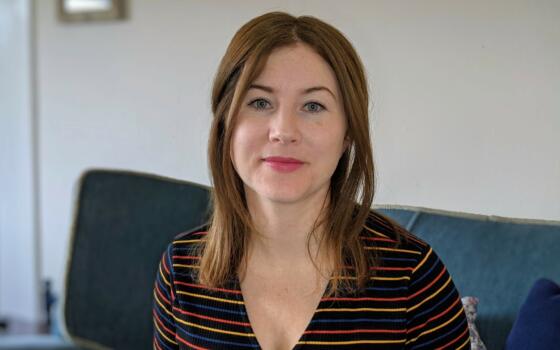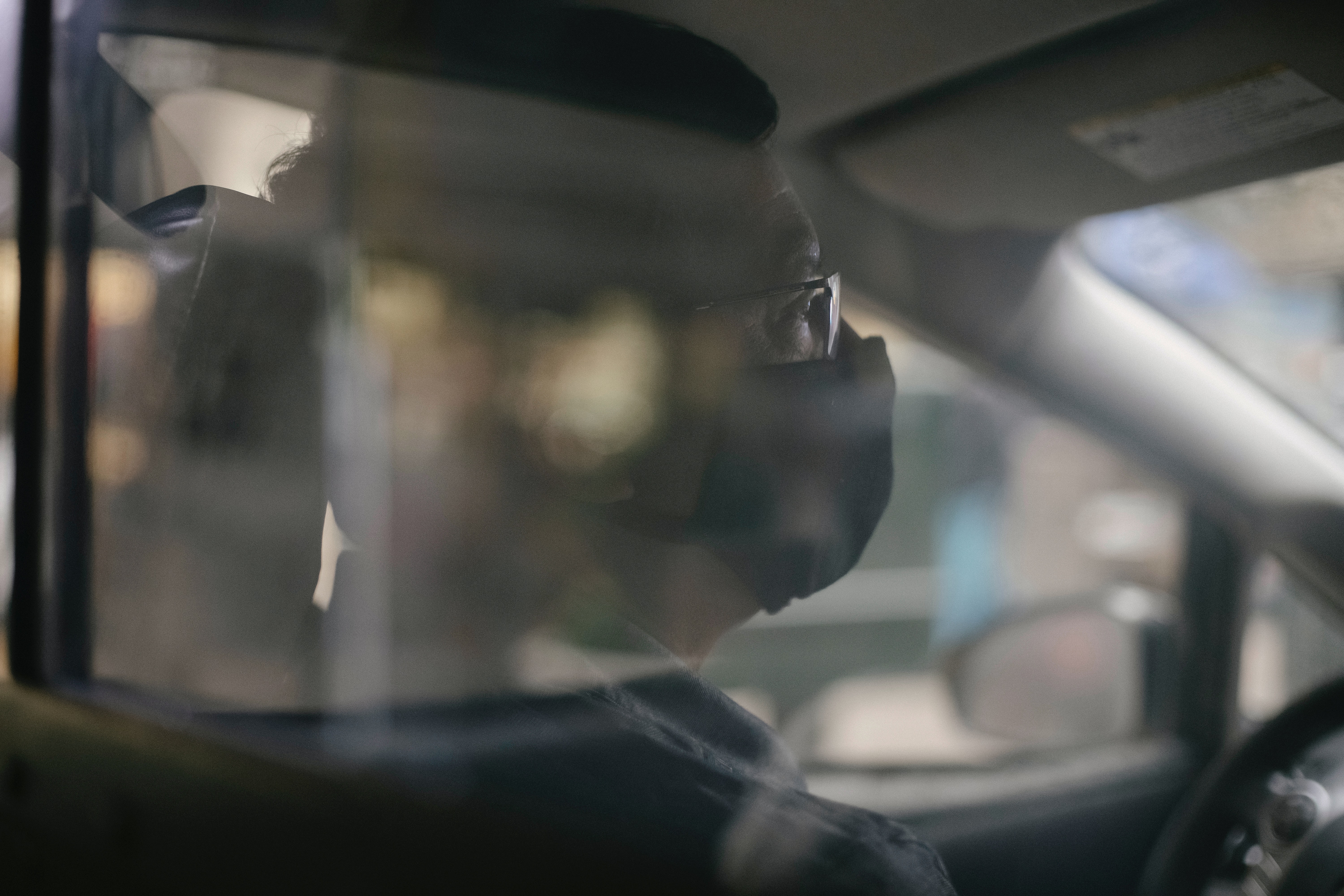The shock of Covid-19 has highlighted Scotland’s deep and long-standing inequality, and the fragility of the NHS and social care.
The Scottish government recognises the need to shape and adjust to a new normal in the longer term, but there is a real risk that the scale of change we need will continue to be hobbled by short term and disconnected policy-making, while much-needed innovation remains isolated and under-supported.
Our public sector culture doesn’t reward innovative thinking or risk-taking, and there are too many cases where the needs of the system take precedence over the individuals it serves. Take February’s Care Review report. Its authors concluded that Scotland’s care system is a quagmire of legislation, policy and practice that makes “cohesive operation impossible” and “creates disconnects into which children, young adults and their families can fall”.
The same report called for us to broaden our understanding of risk. That’s not the same as tolerating more risk, but instead an appreciation that there are no risk-free options. The pandemic has highlighted this like never before, with the government trying to manage a fine balance between the risks of enabling the virus to spread and the risks of social and economic harm from restrictions.
That wider understanding of risk needs to be applied across many areas of public service.
Services are too often bureaucratic and unwieldy, trying to apply a one-size-fits-all model rather than finding out what matters to people as individuals. Major reforms over the last decade have not reduced the pressures. That leads to a situation that’s increasingly unsustainable; last year, health spending accounted for 42 per cent of the Scottish budget and rising. That can’t continue without damaging equally vital public services.
The pandemic demands radical change, and there are some promising signs. For example, September’s programme for government established an Independent Review of Adult Social Care; people who use social care are at the centre of the review.
Meanwhile, people across Scotland have been supporting each other in practical, local ways that have revealed tremendous generosity, energy and imagination. We should be asking how public services can nurture and build on these connections. That means giving people and communities control over decisions that affect their lives, sharing information about the choices and trade-offs available, and reporting progress in a clear and balanced way.
We have a once-in-a-generation opportunity to bring about change by being bold and puncturing the blame culture that has bedevilled public service. That will take a bold and inclusive dialogue, involving voices from across society, and now is the time to do it.

